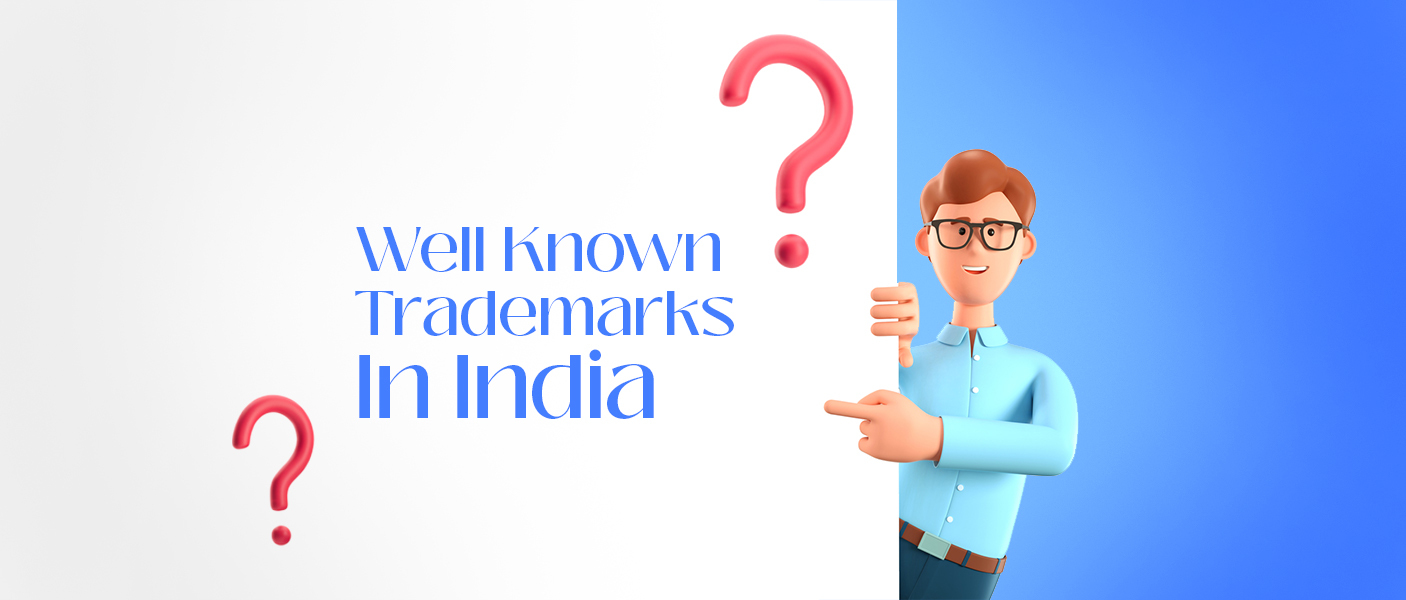The Essential Role of IP Insurance in a Competitive World
September 30, 2025 By Shyam ParmarAs innovation becomes the backbone of global markets, protecting ideas and inventions has never been more vital. In today’s fast-moving business landscape, safeguarding Intellectual Property Rights - from patents and trademarks to trade secrets and creative works, can spell the difference between thriving and simply surviving. While legal frameworks offer much-needed protection, businesses are increasingly turning to insurance solutions to fortify their IP assets.
Understanding the role of IP insurance, its legal underpinnings, and the benefits of an IP insurance policy is crucial for anyone operating in creative, tech, or manufacturing sectors.
What Is IP Insurance and Why Is It Needed?
Intellectual Property Rights such as copyrights, patents, trademarks, and designs represent real, commercial value for their owners. However, as competition intensifies, the threats to these assets also multiply - ranging from unintentional infringement to aggressive litigation, costly defense, and loss of reputation.
IP insurance (Intellectual Property Insurance) is a specialized form of coverage designed to financially protect individuals and organizations against risks associated with defending, enforcing, or indemnifying IP rights. In simple terms, it provides a safety net that helps you navigate legal battles or allegations without devastating financial loss.
Why Is IP Insurance Becoming Indispensable?
- Rising IP Disputes: Globalization and digital commerce have led to a surge in IP disputes, often crossing jurisdictions and escalating costs.
- Unpredictable Threats: A competitor may unintentionally or knowingly infringe, or you may be wrongly accused and face a lawsuit.
- Legal Complexity: Even with strong insurance law on your side, legal costs are unpredictable and can hurt both startups and industry giants.
Types of IP Insurance Policies
When exploring the role of IP insurance, it’s helpful to understand commonly available policies:
1. Defense Insurance
Covers the costs of defending against IP infringement claims - particularly useful if your company is accused of violating someone else’s rights.
2. Enforcement Insurance
Pays for legal costs related to enforcing your own IP rights. If your patent or trademark is copied or misused, this policy helps fund lawsuits to stop infringement.
3. Contractual Indemnity
Indemnifies third parties (such as business partners or licensees) from losses arising out of IP litigation. Common in collaborative ventures or licensing agreements.
4. Comprehensive IP Insurance
Provides a blend of defense and enforcement coverage, sometimes including loss of IP asset value, legal costs, damages, and negotiated settlements under broader insurance law frameworks.
How Does IP Insurance Support Intellectual Property Rights?
- Financial Protection: Litigation over IP can be prohibitively expensive; IP insurance covers attorney fees, court costs, and damages, preventing cash flow crises.
- Business Continuity: A long legal battle can distract leadership and drain resources. Insurance policies ensure that the company can continue to operate and innovate even when IP is challenged.
- Negotiation Leverage: Businesses with robust IP insurance policy backing are taken more seriously by competitors during negotiations and disputes, reducing frivolous claims.
- Global Coverage: Many IP policies can be tailored to offer protection in multiple countries, which is especially important for exporters, tech companies, and content creators.
Key Features of an IP Insurance Policy
When choosing an IP insurance policy, consider:
Scope of Coverage
- Does the policy cover patents, trademarks, copyrights, designs, or all of them?
- Is protection limited to certain geographies?
Limits and Deductibles
- What is the maximum amount payable? Are there caps on specific types of costs?
- Deductible amounts vary - clarify with your insurer.
Exclusions
- Typical exclusions might include intentional or fraudulent infringement, or IP not properly registered and maintained.
Claim Process
- Transparent processes matter; a good insurer will guide you through paperwork, representation, and negotiation.
Role of Insurance Law in IP Insurance
Insurance law provides the legal underpinnings for every IP insurance contract. In India and globally, laws regulate how insurance companies assess risk, define terms, and resolve disputes. Strong insurance law frameworks give assurance that claims will be appropriately handled, settlements honored, and policyholders protected from insurance company malpractices.
- Contractual Clarity: Insurance law demands that policy terms, limits, and exclusions be clearly explained to policyholders.
- Dispute Resolution: If an insurance company denies a valid claim, insurance law provides fair, judicial processes for resolution.
- Consumer Protection: Insured parties benefit from broader consumer protection laws, ensuring ethical standards in claims handling.
Who Needs IP Insurance Most?
- Startups: Especially in tech, pharma, fashion, and media, where IP assets are central to business value but litigation budgets are limited.
- Established Companies: Bigger players with global or multi-industry reach face frequent IP risks and cross-border disputes.
- Content Creators & Artists: Writers, filmmakers, musicians, and designers often use IP insurance to defend originality and income streams.
- Manufacturers & Exporters: Those holding crucial patents or design rights in products shipped worldwide.
Real-Life Scenarios
- A tech startup launches a new product and faces an unexpected patent infringement claim. Defense insurance covers legal costs and allows the company to continue operations while defending its innovation.
- A film producer discovers their storyline is being used without license overseas. Enforcement insurance pays for international legal action to reclaim rights and compensation.
- A fashion brand licenses its designs to a global retailer; contractual indemnity coverage protects both parties if a third-party IP lawsuit arises.
FAQs
Q1: Is IP insurance mandatory?
No, but it is increasingly recommended for businesses with significant IP assets due to rising risks in competitive markets.
Q2: What’s covered in a typical IP insurance policy?
Generally, policies cover defense costs, damages awarded, enforcement litigation, and sometimes loss of income from IP infringement.
Q3: How is insurance law relevant to IP insurance?
Insurance law governs contract terms, dispute protocols, and consumer protections, ensuring that policies operate fairly and claims are legally enforceable.
Q4: Can I get global coverage in my IP insurance policy?
Yes, many insurers offer cross-border protection, vital for companies exporting products or content.
Q5: Does IP insurance cover all types of Intellectual Property Rights?
Policies vary - some cover only patents and trademarks, while others include copyrights, designs, and trade secrets.
On a concluding note…
In a fiercely competitive world, protecting ideas and innovation is non-negotiable. The role of IP insurance goes far beyond simple coverage; it is a strategic shield that helps businesses and creators survive lawsuits, enforce their rights, and remain resilient against changing market threats. When backed by robust insurance law and a carefully designed IP insurance policy, companies can turn their Intellectual Property Rights into reliable assets, not liabilities.
For anyone relying on creativity, invention, or branding, investing in IP insurance isn’t just wise - it’s essential.






